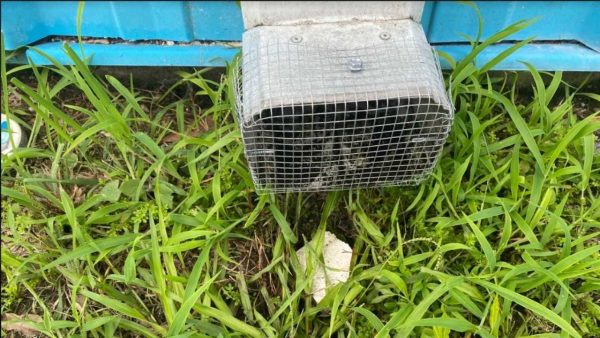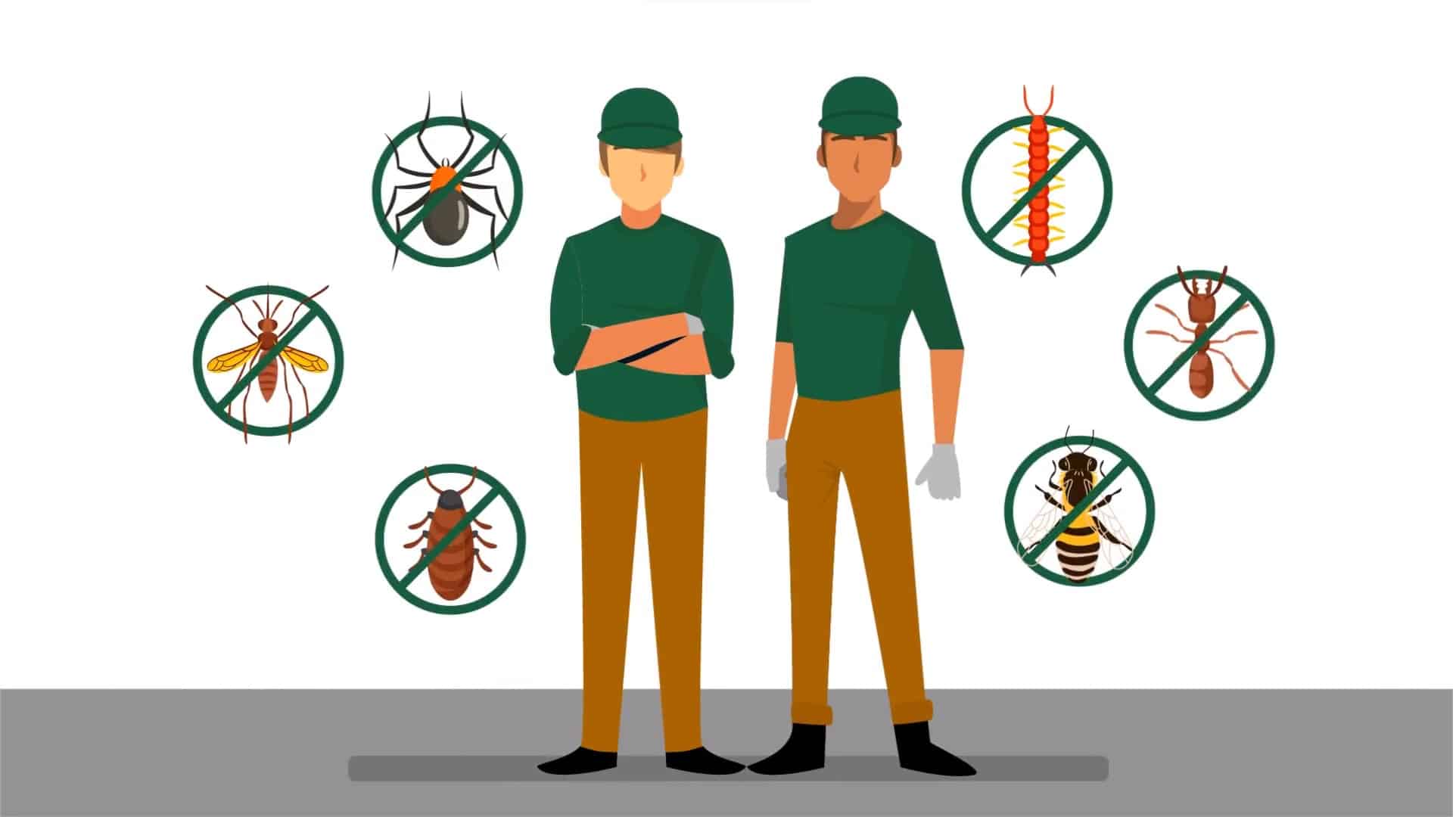Top-Rated Port Charlotte Pest Control Service
Comprehensive Guide to Recognizing Parasite Control Techniques and Their Treatment
Comprehending pest control techniques is crucial for reliable management of undesirable microorganisms that pose threats to health and wellness, agriculture, and property. This extensive guide will explore different methods, consisting of chemical solutions, biological techniques, and mechanical techniques, all under the umbrella of Integrated Pest Management (IPM) As we check out these techniques, it becomes progressively clear that the option of method can considerably affect both human rate of interests and ecological balance. What aspects should be thought about when picking the ideal bug control method for a certain circumstance? The answer might lead to more lasting techniques than one may initially think.
Introduction of Bug Control Techniques
Bug control methods incorporate a selection of approaches designed to take care of and remove unwanted organisms that can harm human health and wellness, farming, and property. Reliable pest management is essential for maintaining the honesty of environments and guaranteeing the security of food supplies. These approaches can be extensively classified into three main strategies: social, mechanical, and organic controls.

Cultural control entails customizing farming methods or ecological problems to lower insect establishment and reproduction. Mechanical control depends on physical barriers or devices to avoid bug accessibility or directly remove them.
Organic control makes use of natural killers, parasites, or pathogens to control pest populations. This approach highlights eco-friendly balance and can consist of introducing valuable insects, such as ladybugs or predative nematodes, to take care of insect existence.
Integrated insect monitoring (IPM) combines these strategies, utilizing an all natural strategy that emphasizes prevention, monitoring, and accountable monitoring. By employing a blend of these approaches, bug control can be much more sustainable and efficient, lessening reliance on chemical interventions while guarding human health and the setting.

Chemical Parasite Control Solutions
A variety of chemical parasite control services are readily available, providing reliable options for taking care of bug populaces when other methods might fail. These services largely include insecticides, herbicides, fungicides, and rodenticides, each created to target certain insects while reducing harm to non-target microorganisms.
Insecticides are especially reliable versus a series of pests, consisting of ants, roaches, and termites, and can be categorized as get in touch with or systemic representatives. Get in touch with pesticides kill parasites on call, while systemic pesticides are absorbed by plants, making them toxic to pests that eat them. Herbicides are utilized to manage undesirable plant life, whereas fungicides are vital for taking care of fungal diseases that can damage crops and ornamental plants.
In addition, integrated pest management (IPM) principles must be utilized, integrating chemical services with cultural, mechanical, and biological techniques for lasting parasite control. This alternative approach not just boosts pest monitoring effectiveness yet also minimizes potential ecological impacts linked with chemical use.
Biological Parasite Control Strategies
Organic bug control strategies offer an see this site ecologically friendly option to chemical methods by making use of all-natural predators, bloodsuckers, or microorganisms to manage bug populations. This technique leverages the eco-friendly relationships in between microorganisms, advertising a well balanced environment while lessening chemical residue in the environment.
Among go the most typical organic control techniques involves the intro of natural opponents. As an example, ladybugs are used to control aphid populations, while parasitic wasps can target caterpillars and various other parasites. These natural predators properly minimize pest numbers without hurting beneficial bugs.
Additionally, microbial agents such as microorganisms, fungis, and infections are made use of to contaminate and eliminate details parasites. Bacillus thuringiensis (Bt), a naturally taking place bacterium, is widely made use of to control caterpillars and various other larvae, showcasing the performance of microbial bug control.

Physical and Mechanical Approaches
Often employed in incorporated pest management methods, physical and mechanical approaches act as effective tools for managing pest populaces without using chemicals. These methods rely upon physical obstacles, traps, and other mechanical tools to avoid or eliminate pests, making them eco-friendly alternatives.
Physical approaches include using barriers such as insect netting, displays, or row covers that physically block parasites from accessing plants. This is especially valuable in agricultural settings where plant defense is essential. Furthermore, environment manipulation, such as eliminating particles and standing water, can reduce parasite reproducing websites, thus lessening invasions.
Mechanical approaches incorporate catches, which can be designed to capture details bugs. Sticky catches and pheromone traps prevail examples that tempt see this and keep pests, promoting surveillance and control. Vacuuming is one more mechanical approach, effective for getting rid of parasites from indoor atmospheres, especially in instances of infestations.
Preventative Pest Management Methods
Reliable preventative parasite monitoring techniques are essential for maintaining healthy atmospheres and decreasing pest-related issues before they develop (Pest Control in Port Charlotte, FL). These methods concentrate on aggressive measures that decrease the probability of bug problems by resolving the origin

An additional essential approach includes correct landscape design methods (Pest Control in Port Charlotte, FL). Maintaining greenery trimmed and far from buildings can minimize harborage areas for parasites. Applying integrated parasite management (IPM) methods that consist of keeping an eye on parasite populations and utilizing organic controls can cultivate a balanced environment that normally reduces pest numbers.
Education and learning and training for personnel and homeowners on acknowledging very early signs of bug task are also key components of a reliable preventative program. By fostering an environment of recognition and vigilance, organizations and house owners can considerably boost their insect administration initiatives and guard their areas versus future problems.
Verdict
In conclusion, efficient parasite control requires a multifaceted strategy that integrates chemical, biological, and mechanical approaches. Using an Integrated Bug Monitoring (IPM) structure enables the lasting management of pests while decreasing ecological influence. Preventative approaches even more improve the effectiveness of these techniques, making certain long-lasting security of wellness, farming, and home. Inevitably, a comprehensive understanding of these varied bug control methods is vital for accomplishing successful outcomes in insect management initiatives.